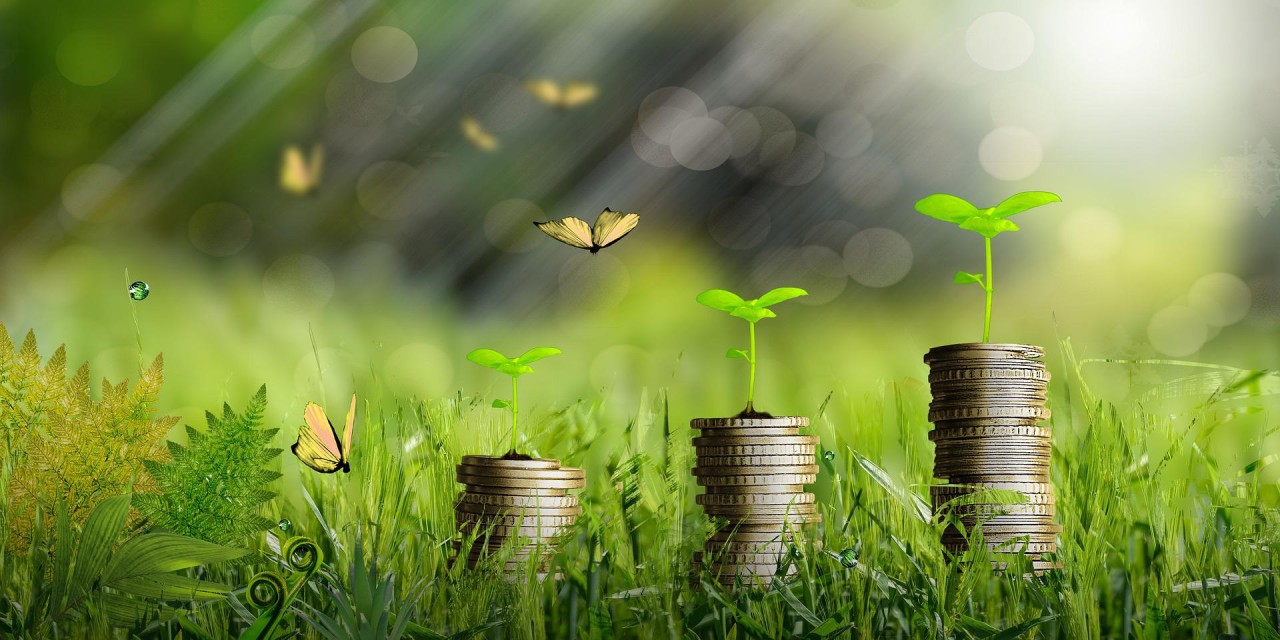Kenya is on a promising journey towards green growth and climate action. The country has shown a strong commitment to sustainable development, emphasizing the crucial role of the private sector in financing green initiatives. However, turning this commitment into reality requires concerted efforts and private sector involvement. The government needs to do more and these are the steps it can and should take.
Economic ups and downs
Kenya’s economic performance has had its fair share of challenges in recent years. Factors like drought, global events like Russia’s invasion of Ukraine, and turbulent international financial markets have slowed down GDP growth, dropping it from 7.5% in 2021 to 5.5% in 2022. Despite the setbacks Kenya’s economic outlook remains positive and the economy is expected to grow by 5.9% in 2023 and 6% in 2024. However, high risks like a global economic slowdown and financial uncertainties posed by a stubbornly high inflation rates remain.
Read more: Optimizing county revenue through lessons from Homabay
To navigate these challenges and promote green growth, Kenya should focus on creating policy space through debt restructuring, external financing and reducing government costs. By shoring up macroeconomic stability and addressing risks, Kenya can set the stage for mobilizing private sector finance for green projects.
Private sector’s crucial role
The private sector is vital in meeting Kenya’s climate finance needs, especially as the country aims to achieve its Nationally Determined Contribution (NDC) targets by 2030. These targets require annual climate financing of USD 6.2 billion, but currently, the private sector contributes only USD 979 million annually, showing the untapped potential.
Several obstacles stand in the way of scaling up private sector finance. These include high external debt, limited institutional capacity to develop viable green projects, and a lack of coordination across different sectors at the national level.
To overcome these barriers, Kenya must take a multi-pronged approach. The government should facilitate collaboration among national institutions responsible for green growth and climate action. Swift implementation of sustainable financing frameworks and financial incentives can encourage private sector participation.
Development Finance Institutions (DFIs) and Ministries, Departments, and Businesses (MDBs) should work with the government to offer affordable capital for green projects. And new financing tools that reduce risks for private sector investments, particularly outside the energy sector, should be explored.
Leveraging natural capital
Kenya is blessed with abundant natural resources that can drive green growth and climate change mitigation. Expanding cropland and pastureland can enhance food security and combat climate change. The fisheries and blue economy sector offer tremendous potential. If managed properly Kenya’s blue economy has the potential to inject USD 4.8 billion and 52,000 new jobs into the economy. With numerous freshwater lakes, rivers, and a vast coastline, investing in fish harvesting can generate substantial revenue while contributing to green growth. The issuance of blue bonds can aid ecosystem conservation and support Kenya’s blue economy. Ecotourism, though susceptible to shocks, can be a valuable source of revenue with effective marketing.
Read more: Key takeaways from the Kenya Economic Report 2023
To harness natural capital fully, Kenya should form strong partnerships with development partners and create a single market for emissions credits, this can raise the value of carbon credits from forests. Prioritizing the integrity of voluntary carbon markets and scaling up carbon capture efforts can contribute to climate change mitigation and adaptation.
Kenya’s commitment to green growth and climate action is commendable as shown by the ACS summit and the Nairobi declaration. However, actions speak louder than words and the government must put its money where its mouth is. There is little time to waste, and by unlocking private sector financing the country can achieve its climate goals. The time to start is today.
Email your news TIPS to editor@thesharpdaily.com
















